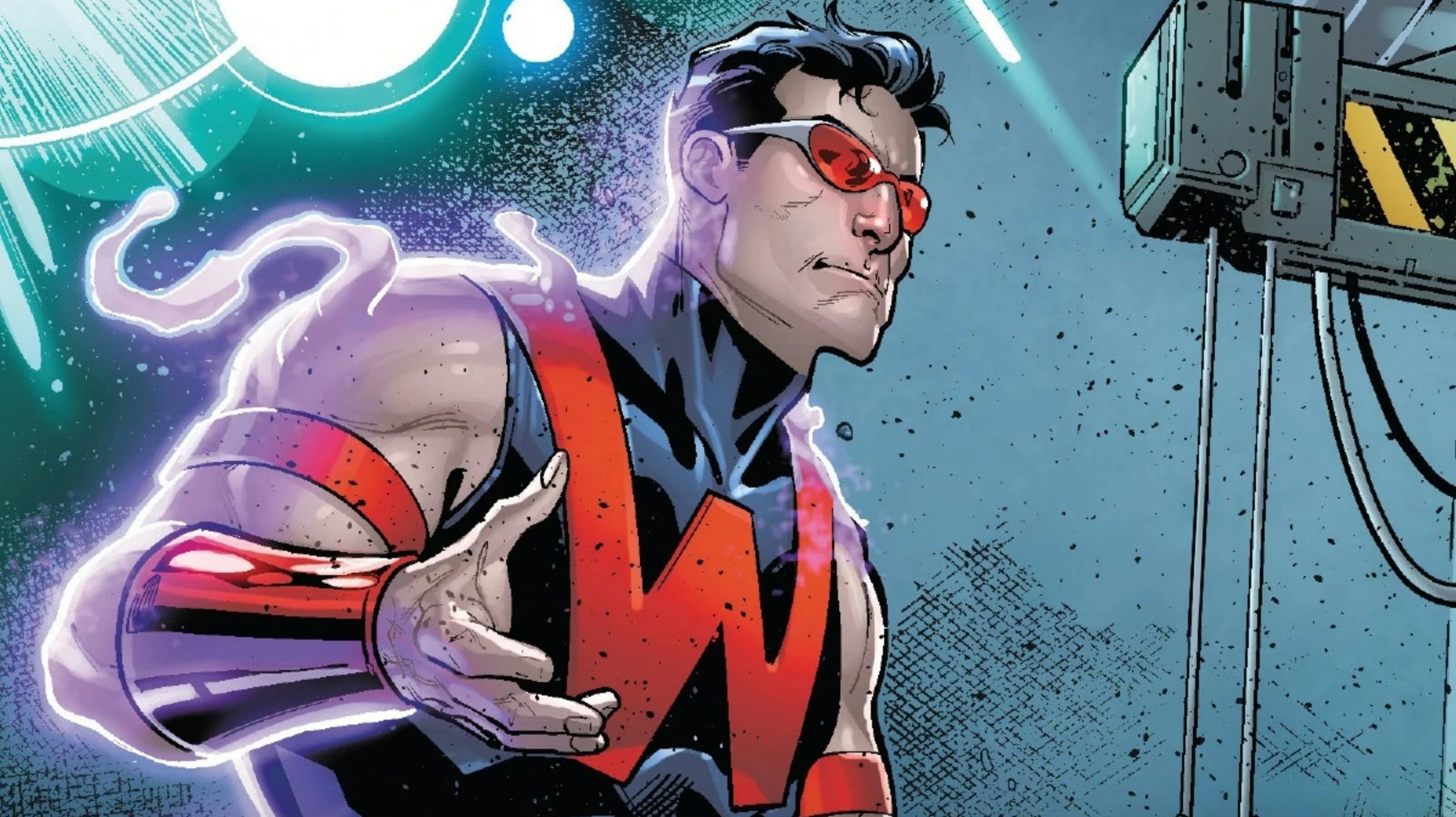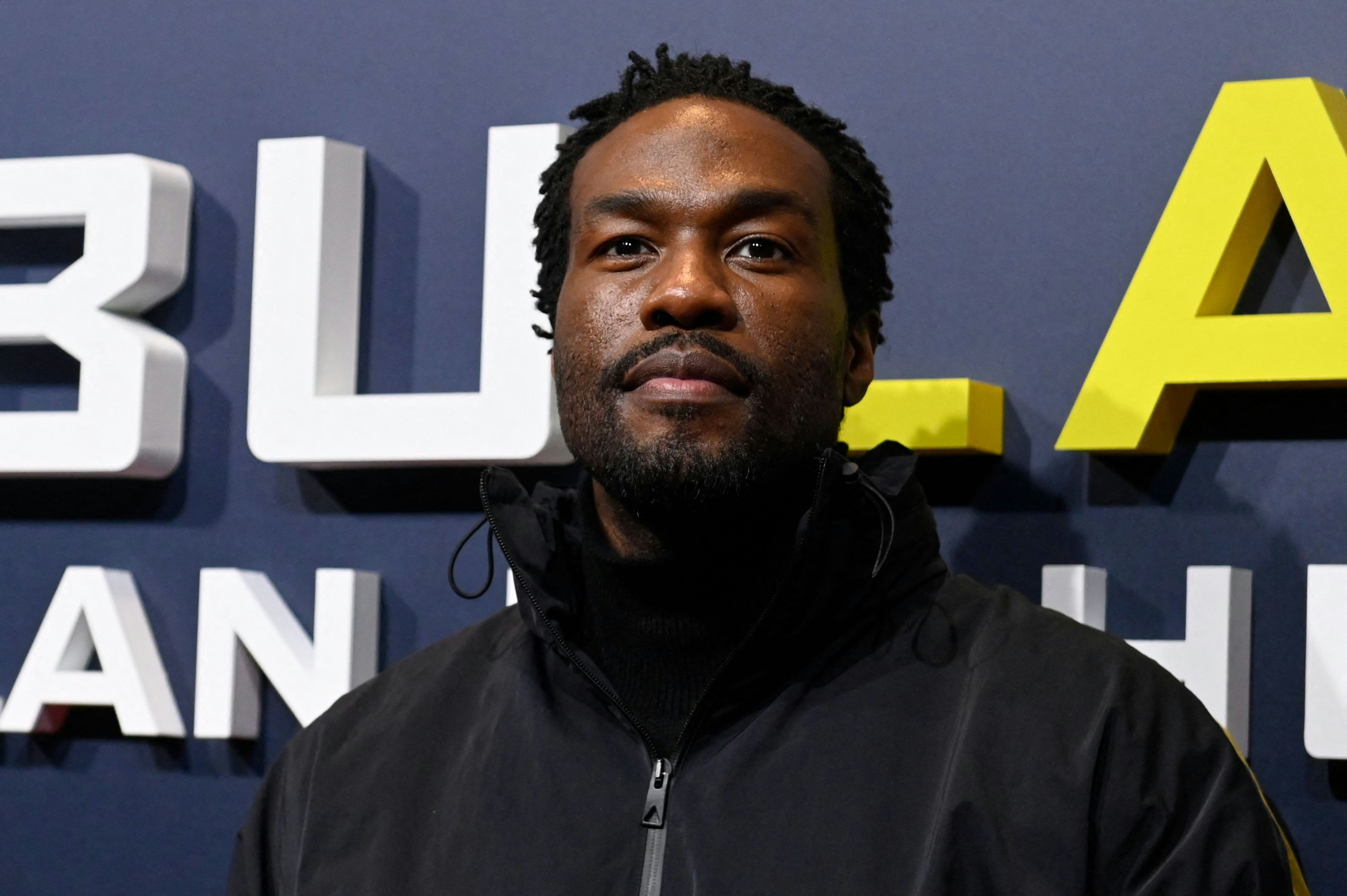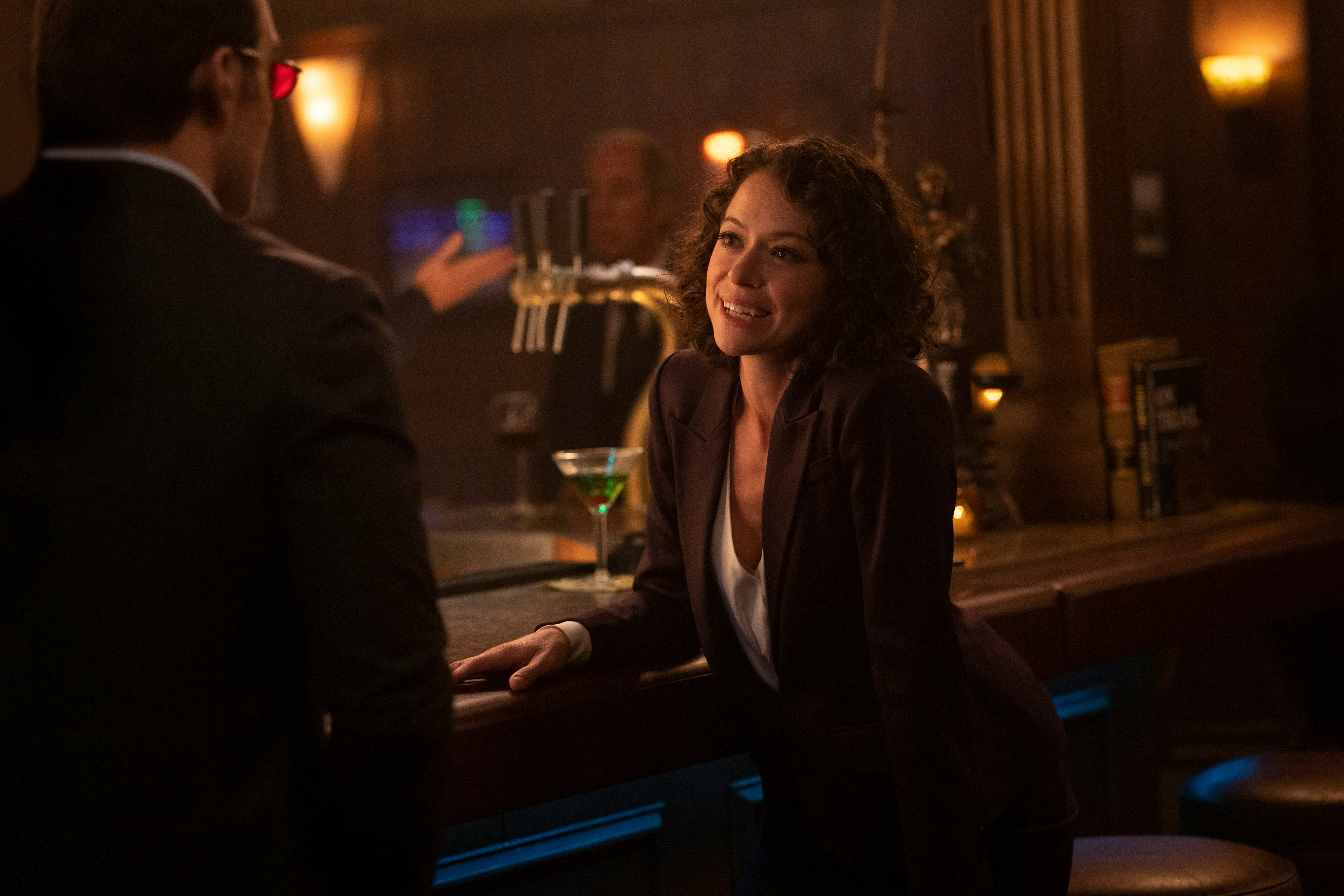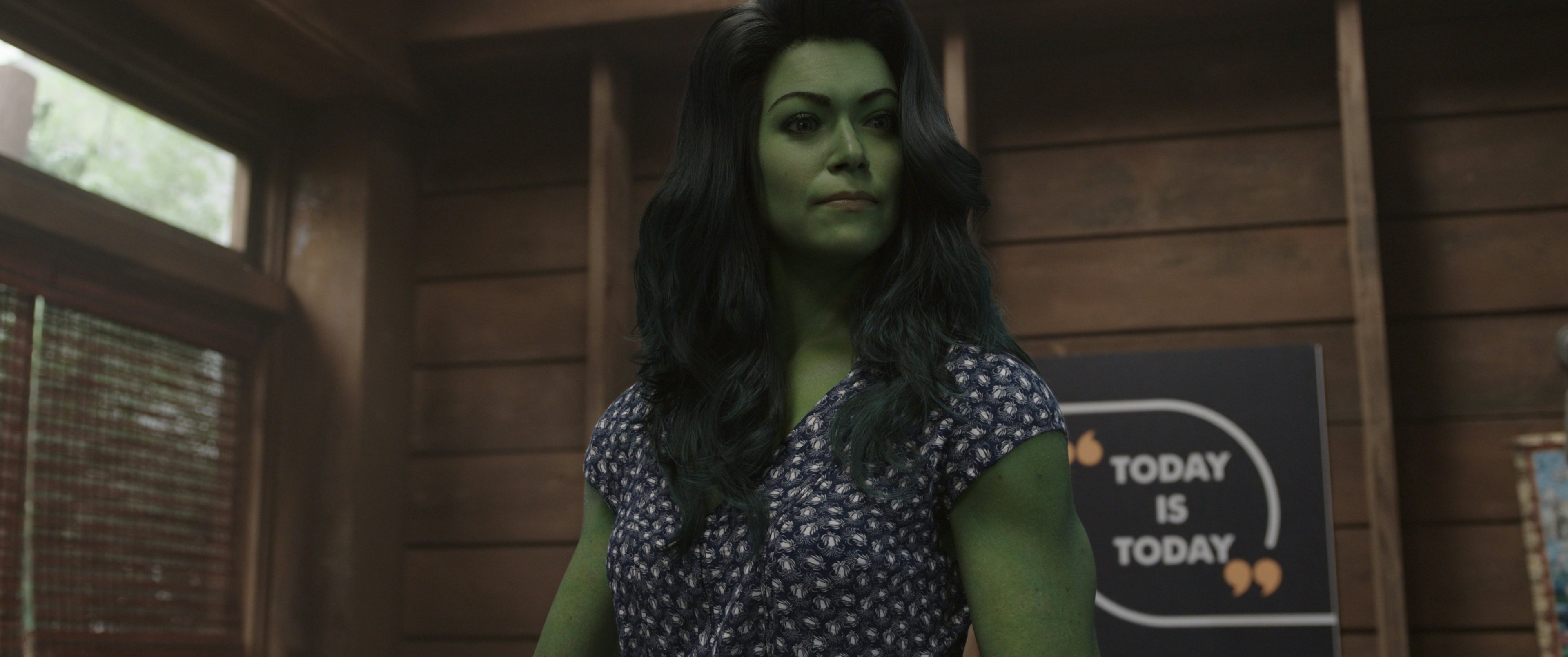
The Marvel Cinematic Universe’s next superhero was revealed earlier this week when Candyman and Aquaman star Yahya Abdul-Mateen II was cast as Simon Williams in Wonder Man. The project is one of several Disney+ original shows that Marvel currently has in the works, but thanks to its latest casting update, Wonder Man has begun to receive far more attention from fans than some of the studio’s other projects.
That’s understandable, as Wonder Man is shaping up to be one of the more unique titles on Marvel’s current development slate. Not only is Ben Kingsley returning as Trevor Slattery, but some outlets have labeled Wonder Man as a satirical comedy about Hollywood. Assuming those early reports are accurate, Wonder Man will end up being the second full-fledged comedy that Marvel has produced for Disney+.
With that in mind, it’s worth noting the mistake that plagued Marvel’s first Disney+ comedy series, She-Hulk: Attorney at Law, and why Wonder Man needs to avoid falling into the same trap.

A New Marvel Comedy — She-Hulk and Wonder Man already have several elements in common. Much like She-Hulk, Wonder Man promises to tell a new MCU superhero origin story. Wonder Man’s alleged Hollywood setting also suggests that it will be a comedy based in Los Angeles, in much the same vein as She-Hulk. If Wonder Man wants to deliver a stronger first season than She-Hulk, however, it will need to make a few changes.
While She-Hulk benefitted from Tatiana Maslany’s charming lead performance, the series greatly suffered from its scattershot approach to comedy and storytelling. Across its first nine episodes, She-Hulk frequently fell into the trap of trying to do far too much at once, which resulted in it failing to truly excel in any specific way.

A Matter of Focus — Season 1 of She-Hulk: Attorney at Law attempted to serve as a comedic riff on the standard TV courtroom drama. However, rather than focusing solely on ensuring its legal storylines worked well, She-Hulk tried to balance its courtroom scenes with commentaries on common TV dating tropes and superhero genre clichés. As a result, the series’ first season only occasionally felt narratively and tonally cohesive.
If Wonder Man hopes to work as the Hollywood satire it’s currently billed as, it will have to be far more focused than She-Hulk. If it fails, Wonder Man will become just another example of Marvel dipping its toes into new waters without actually diving in. That would be disappointing, especially considering the promise of Wonder Man’s premise and cast.

The Inverse Analysis — She-Hulk: Attorney at Law’s first season was an imperfect, fourth-wall-breaking experiment. Its highs and lows revealed how Marvel’s future Disney+ comedies can both learn from it, and improve upon it.
Some of She-Hulk’s faults are more obvious than others, like its notoriously sketchy CGI effects. Ultimately, though, the biggest lesson the Wonder Man creative team should take from She-Hulk Season 1 is that sometimes less really is more.

.jpg?w=600)





